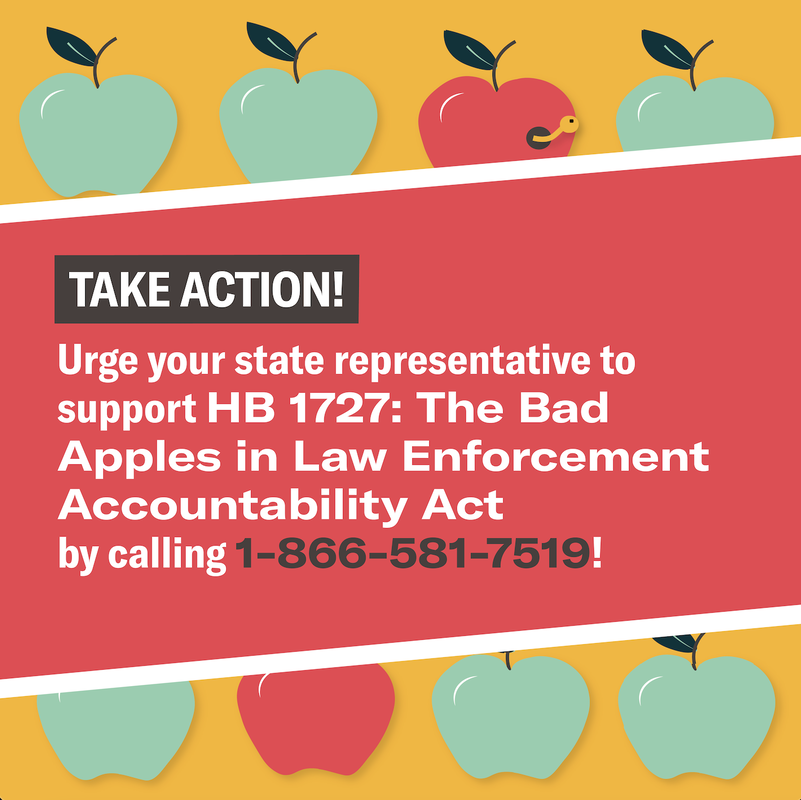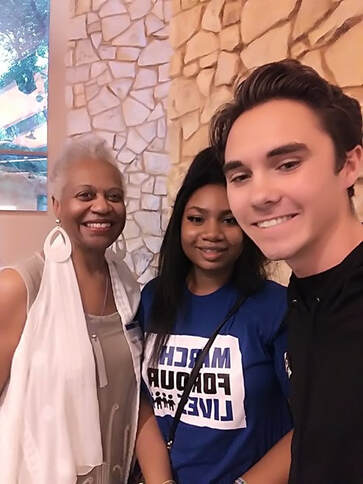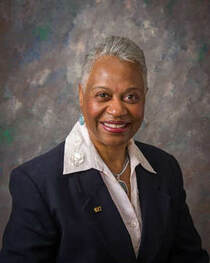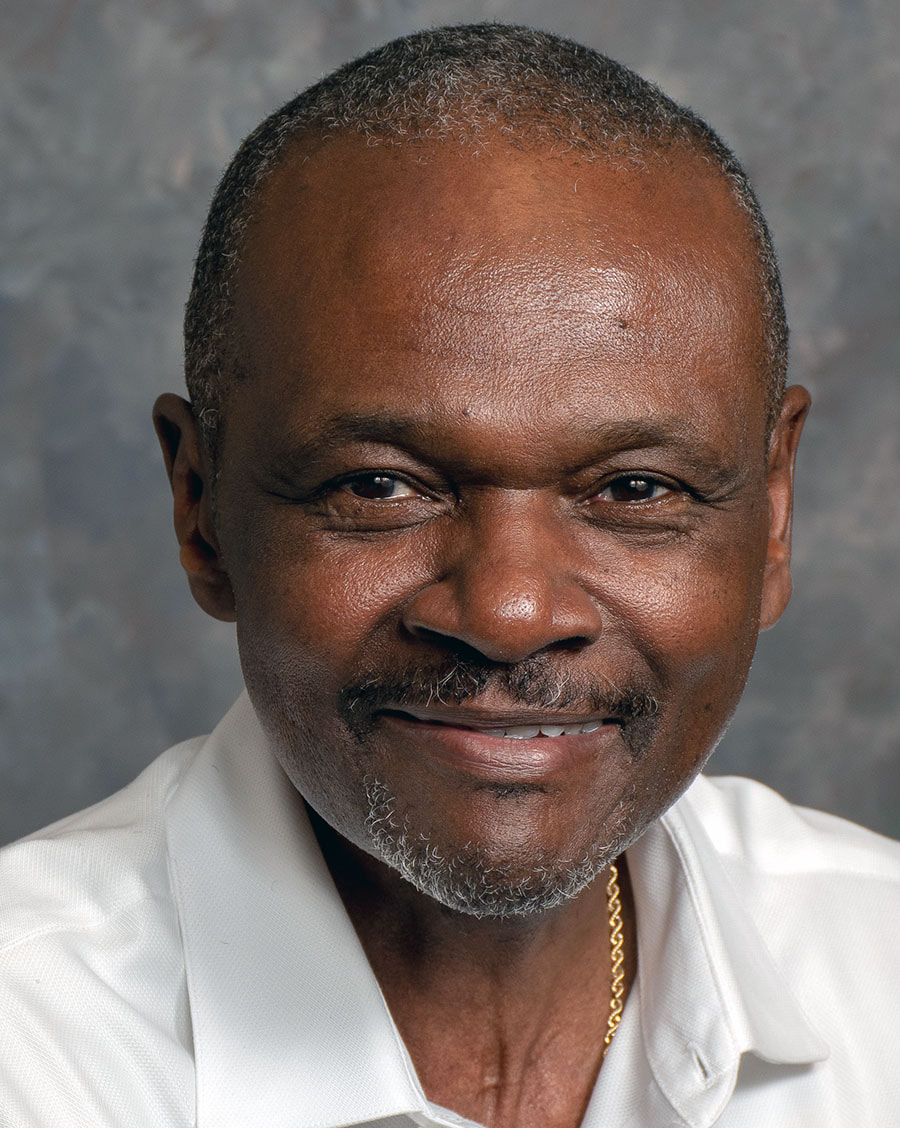Editorial Corner
In this section of the website, we highlight articles, videos and opinion pieces on events related to policing. The opinions expressed reflect the view of the author only. We invite you to weigh in with your comments following each posting.








 RSS Feed
RSS Feed
